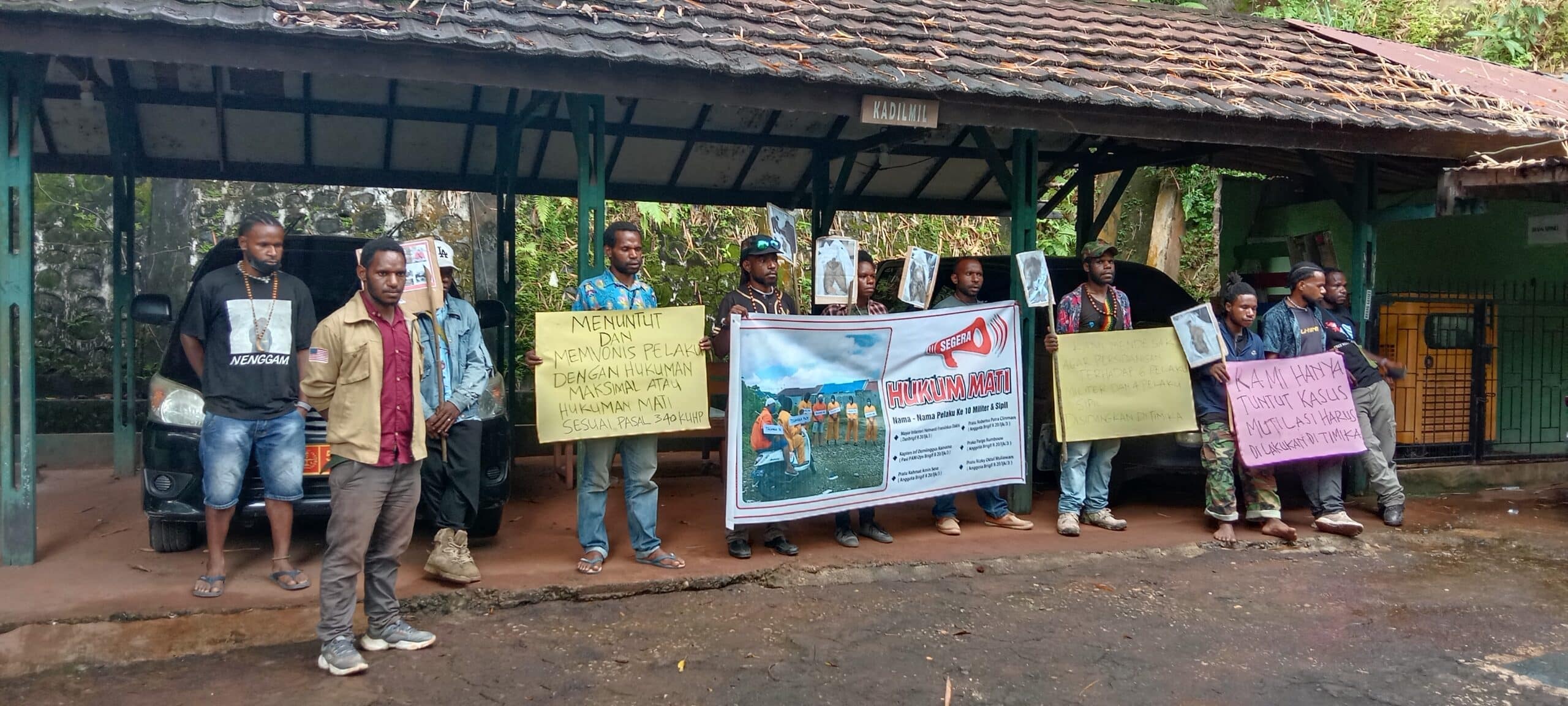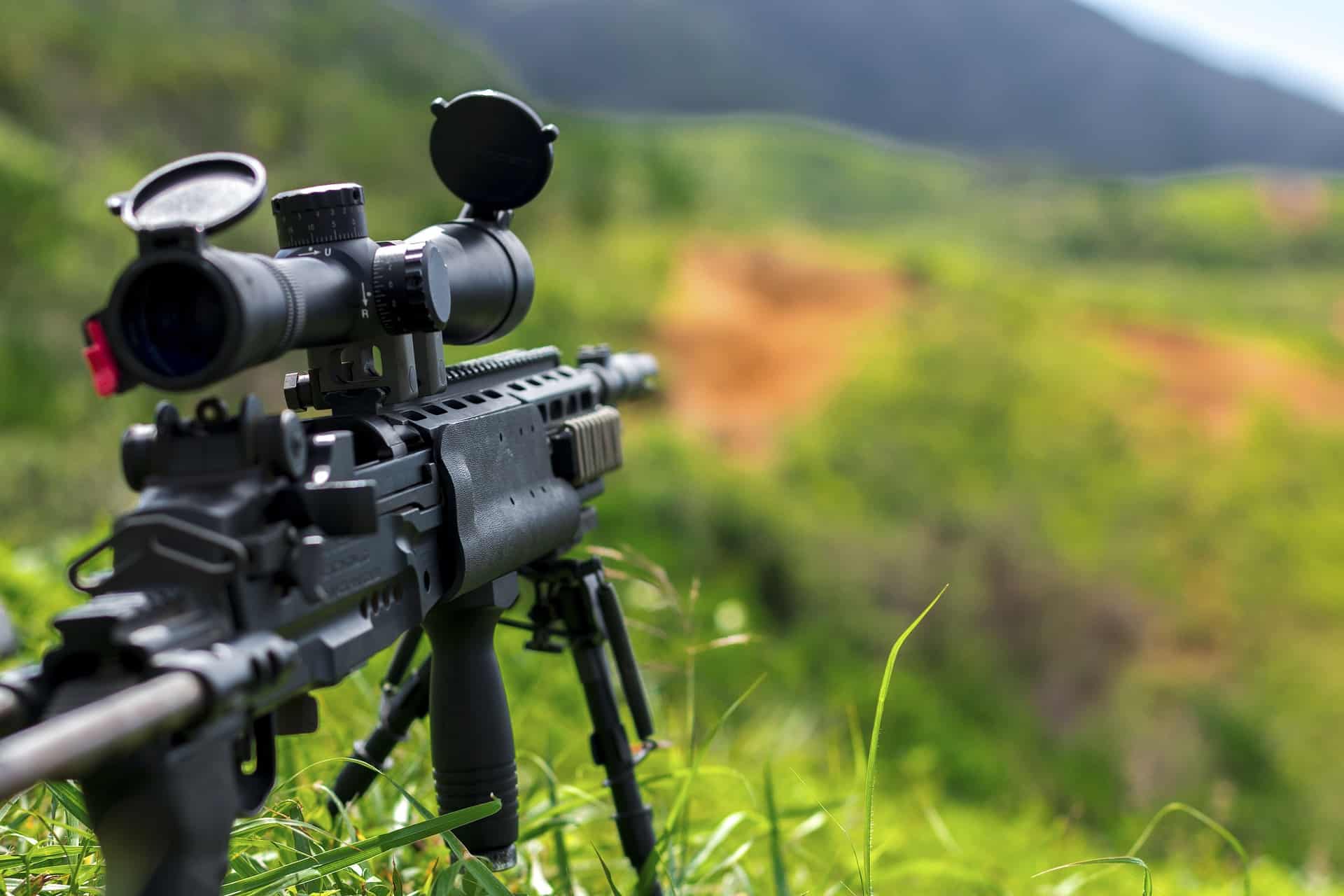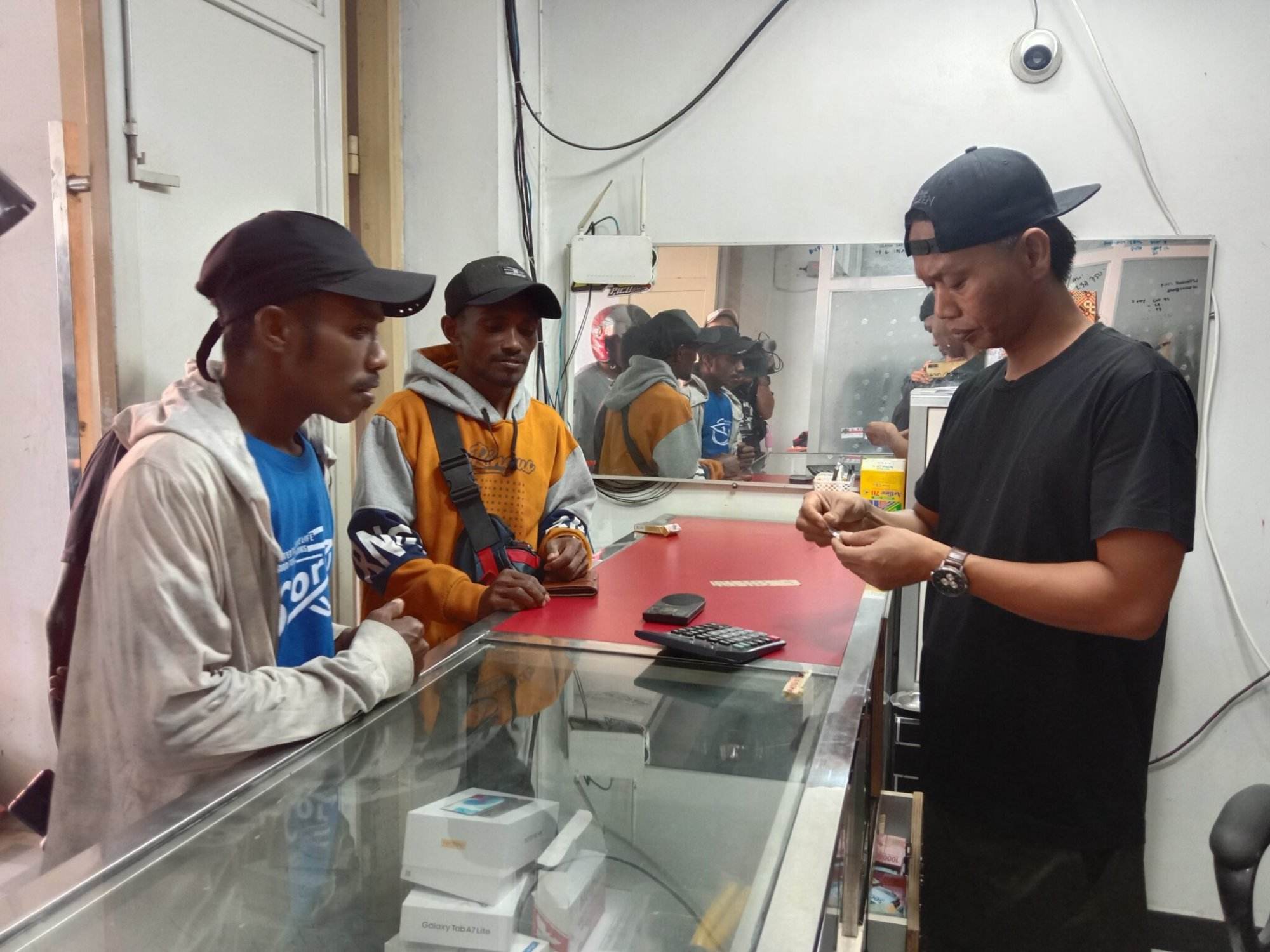
Jayapura, Jubi – Members of a church-backed coalition have called on Indonesia to open access to West Papua for international journalists, independent observers, human rights organizations and the International Red Cross (ICRC).
The call came at an international consultation hosted by the World Council of Churches (WCC) with the International Coalition on Papua on 22 February at the Ecumenical Centre in Geneva.
Peter Prove, director of the WCC’s Commission of the Churches on International Affairs (CCIA) quoted from the WCC general secretary, Rev. Dr Olav Fykse Tveit, who visited West Papua in 2012 saying he was fully behind his statement after the visit.
“We support the struggle for human rights of the people of Papua. We urge an end to the ongoing violence and impunity.
“We support the call for social and economic justice through serious dialogue and a concrete political process that seeks to address root causes of the present problems,” Tveit had said.
West Papua is a province of Indonesia and the two western peninsulas of the island of New Guinea, which neighbours the Indonesian territory and has a population of less than one million people, mostly Melanesians.
The round-table gathered also civil society proponents, human rights experts and diplomats to meet with defenders explaining current patterns of human rights abuses in West Papua.
Participants at the round table also expressed civil society’s expectations for the 34th session of the Human Rights Council from 27 February to 24 March and the current Universal Periodic Review (UPR) of Indonesia.
Victor Mambor of the Papua Coalition for Law Enforcement and Human Rights and the JUBI Association said that the Civil Society Coalition for the Enforcement of Law and Human Rights in West Papua has made a number of recommendation to the government of Indonesia.
As well as demanding open access to Papua for international journalists and human rights groups they called for ensuring “that perpetrators of the police and military responsible for past and present human rights violations in West Papua are prosecuted in public and fair trials, resulting in the appropriate sentences for perpetrators and the restitution, compensation and rehabilitation of victims”.
Rev. Dr Jochen Motte of the United Evangelical Mission in Wuppertal Germany said that, “Together with the WCC and partners in Papua in 2005 the Faith Based Network has been able to publish a study on economic, social and cultural rights in Papua.”
Rev. Francois Pihaate, general secretary of the Pacific Conference of Churches based in Fiji, said the churches in the region are very concerned about violence in Papua.
“How can we as churches be ignorant of what is going on outside our own world? That is why we as churches are concerned,” said Pihaate.
Denny Abdi, a member of the Indonesian mission to the United Nations in Geneva also made an intervention disputing the number of people arrested, 4,996, cited by Victor Mambor.
Mambor said as his role as journalist, he had asked Indonesian President Indonesia’s President Joko Widodo to allow international journalists into West Papua but this had not been adhered to.
“There is no trust between the people of West Papua and the government in Jakarta so it is not possible to talk heart to heart about what is going on,” said a member of a churches group in West Papua who works with the WCC.
“We have to talk. As a church the prophetic voice needs to go beyond boundaries.”
Veronica Koman of the Papua Itu Kita based in Jakarta said, “The government of Indonesia fails to address the root problem, which is the historical problem. The West Papuan people will not stop screaming for independence until the root cause is addressed.”
Bartlett Salato, the chargé d’affaires of the Solomon Island mission in Geneva said that his country stands behind West Papua. (*)













